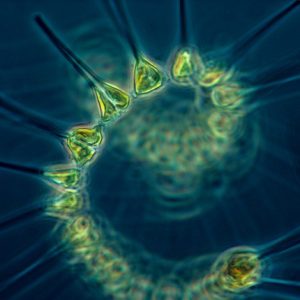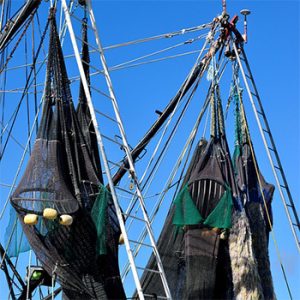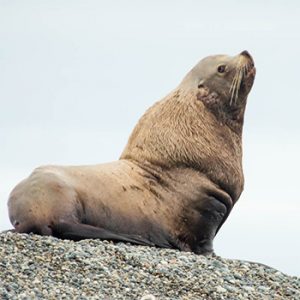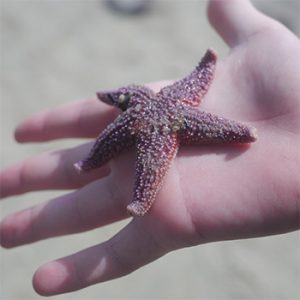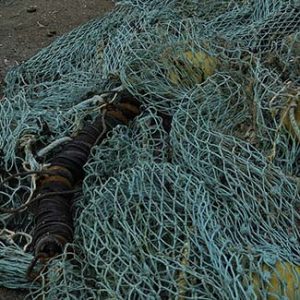Vast majority of patents on marine genetic sequences linked to corporations
A single company has registered half of all existing patents associated with genes from marine species.
437 million tonnes of fish, $560 billion wasted due to destructive fishing operations
Research suggests that bottom trawling generates the most waste of any fishing method because the unwanted catch is dumped back into the ocean.
Measuring body fat in Steller sea lions and other pinnipeds
The goal is to provide a quick, reliable tool that can be used to evaluate the physiological status of Steller sea lions and other pinnipeds in the field.
Amanda Vincent wins FSBI’s Le Cren Medal
For her lifelong contribution to all aspects of the study of fish biology and/or fisheries science, with a focus on conservation, training or public understanding of the discipline.
Sea Stars: the Trilogy
Dr. Christopher Harley was co-author on a recent study looking at sea star wasting disease (SSWD). He discusses the impact on the British Columbia coastline.
Climate change to cause dramatic drop in Persian Gulf biodiversity and fisheries catch potential
Among the eight countries that comprise the Gulf, the UAE is expected to perform the worst, with a projected loss of 45 per cent of its catch potential.
Sailing the Southern Ocean – for science
IOF postdoctoral fellows and researchers, Boris Espinasse, Natasha Henschke, and Marina Espinasse focused on the cycling and diversity-function of zooplankton and metazoans
Samantha James wins at PEEC
Samantha James won ‘Best 3 Minute Talk’ at 2018 Pacific Ecology and Evolution Conference (PEEC).
Bottom trawling causes deep sea fish populations collapse
Bottom trawling is causing “boom and bust” fisheries.
How choosing fish and seafood for dinner impacts carbon emissions
Choosing fish over pork, beef or lamb can be a more sustainable choice as fewer greenhouse gas emissions are produced.
